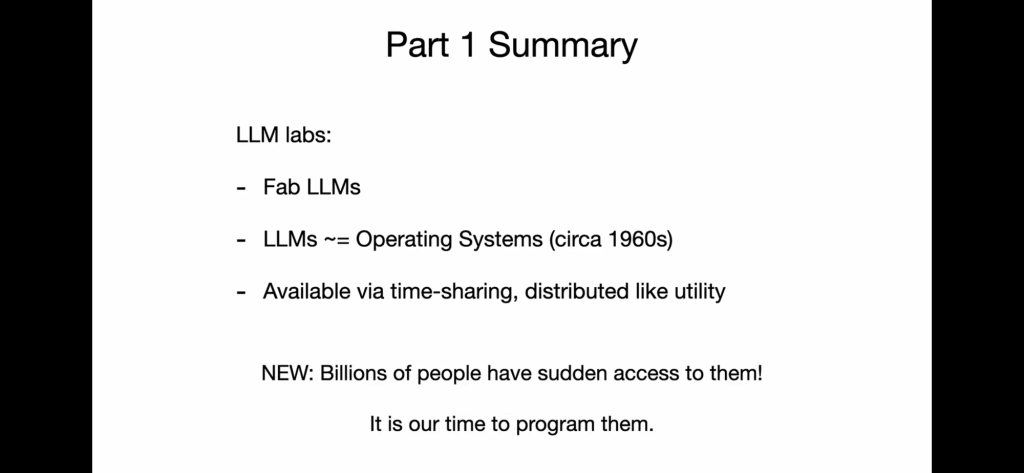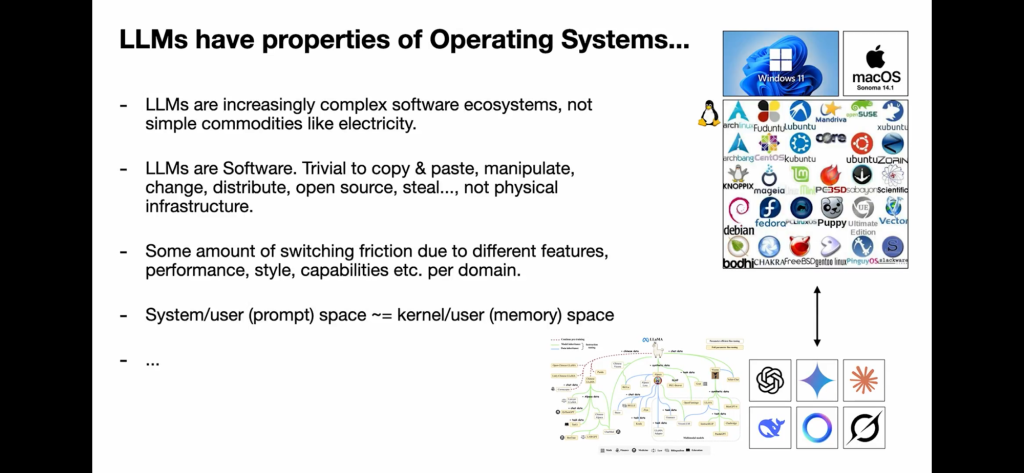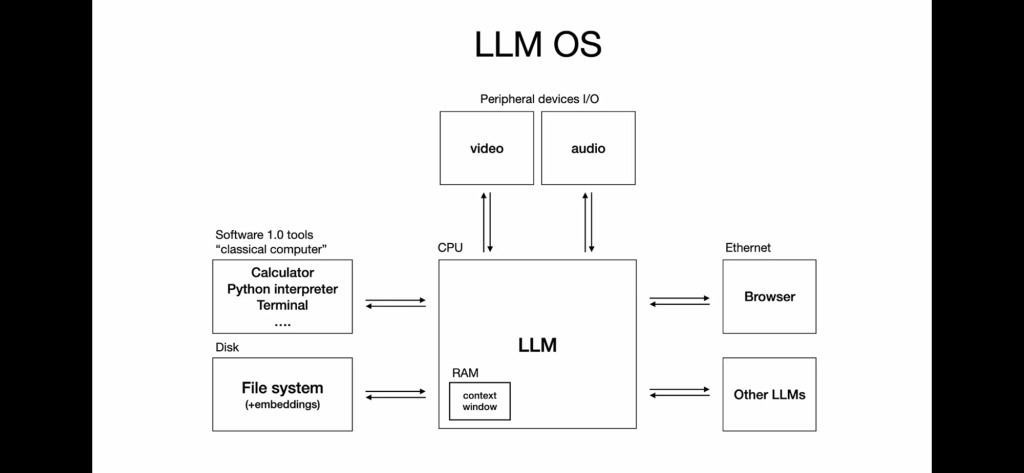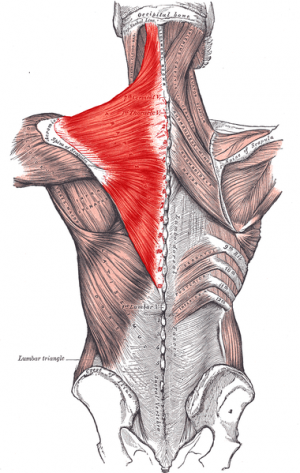It is a poor craftsman who blames his tools. Much as I’d enjoy going on a sidequest exploring ethnographies of man and his use of tools, I have an agenda. My honor has been impinged.
At a gathering of eccentrics in Wyoming, myself & a friend engaged in an hour long discourse with our audience on the use of artificial intelligence and how one might practically understand these tools. The talk was more linear algebra than immanentizing the eschaton.
Our explicitly stated goal was to understand the technology stack and its capabilities so the audience could decide for themselves how to use or leverage this tool. The blurb I wrote introducing the topic.
Concerned that artificial intelligence will be a panopticon of horror? Afraid of nerds immanentizing the eschaton? Jon and Julie have your back. Artificial intelligence is neither God nor imminent utopia but merely tools built by the hand of man. A practical discussion of how you can use these new compute tools to concretely impact the work & insight you need in your everyday life. Come prepared with questions, projects, and ideas as it will be interactive.
Our focus was on how these tools are built, what they can do and what they cannot do, and a firm stance that mathematics and compute are not imbued with divinity or demons but reflections of what we bring to them.
Indeed, we have never had more freedom than we do now to shape the weights and biases of these topological models. Our words on the public internet carry weight thanks to availability of fast compute and open source models. Our bigger issue is maintaining the capacity to supply energy and grid capacity. The real problems are human and social, much as we may wish to scapegoat a piece of code.
We were not suggesting a world ending chaos nor were we endorsing its use. We were discussing it as a piece of software and what it could do.
In a surprise to both myself and my co-speaker, the keynote of the evening spent a significant portion of his talk discussing how foolish, misguided and demonic we both were. Now the event has Chatham House rules for outside content or do I’d go into more detail.
However inside the event, the keynote speaker could have done us the courtesy of saying our names when he made the suggestion that we are working towards evil ends.
He did not ask how we related to his positions and how we’d defend our word. At no point did he name us or address us. He merely cast aspersions.
Frankly I had no idea why he thought we were avatars for some kind of suicide squad as I doubt the gentleman is aware of MIRI or the myriad internal fights inside Silicon Valley. It was however insinuated to be true that we are the bad guys. It’s what we do.

I find this to be a cowardly position. If one holds such strong views that one would call two humans with honest intentions demonic at least say our names. We were in the audience listening intently.
So I will protest. In a past era, I feel that these heavy accusations would have been grounds for demanding satisfaction.
I am of the belief that the only way we manage the effects of adopting any new technology that impacts our culture is rigorously debating the merits from engineering to impact.
We are not asking you to trust us. We are instructing you in how to master this tool if you so desire and if it brings value to your life. We share many of the same concerns.
Alas (thankfully?) you are not summoning any demons that were not previously installed on the operating system of your soul. The shadow of humanity can be seen quite clearly in how we engage with the artifacts we call artificial intelligence.
I will continue to insist that insulting our positions without naming us or calling us to account in public is grandstanding. It was clear we were the targets of the criticism. It is poor form.
I’m an American so our manners may be different than others, but we do have them. So put some respect on our names when you say them in your real life subtweet.
We’ve asked to discuss it with him further through our host but he has declined. I frankly am delighted to find that I’ve had such an impact that I cannot even be named when raging against that machine.
One hopes a parlay possible. But it sounds like he would prefer to avoid us. This is of course fair on his part. I am however prepared to defend my positions. We all must be prepared to defend our actions in this age of change.



